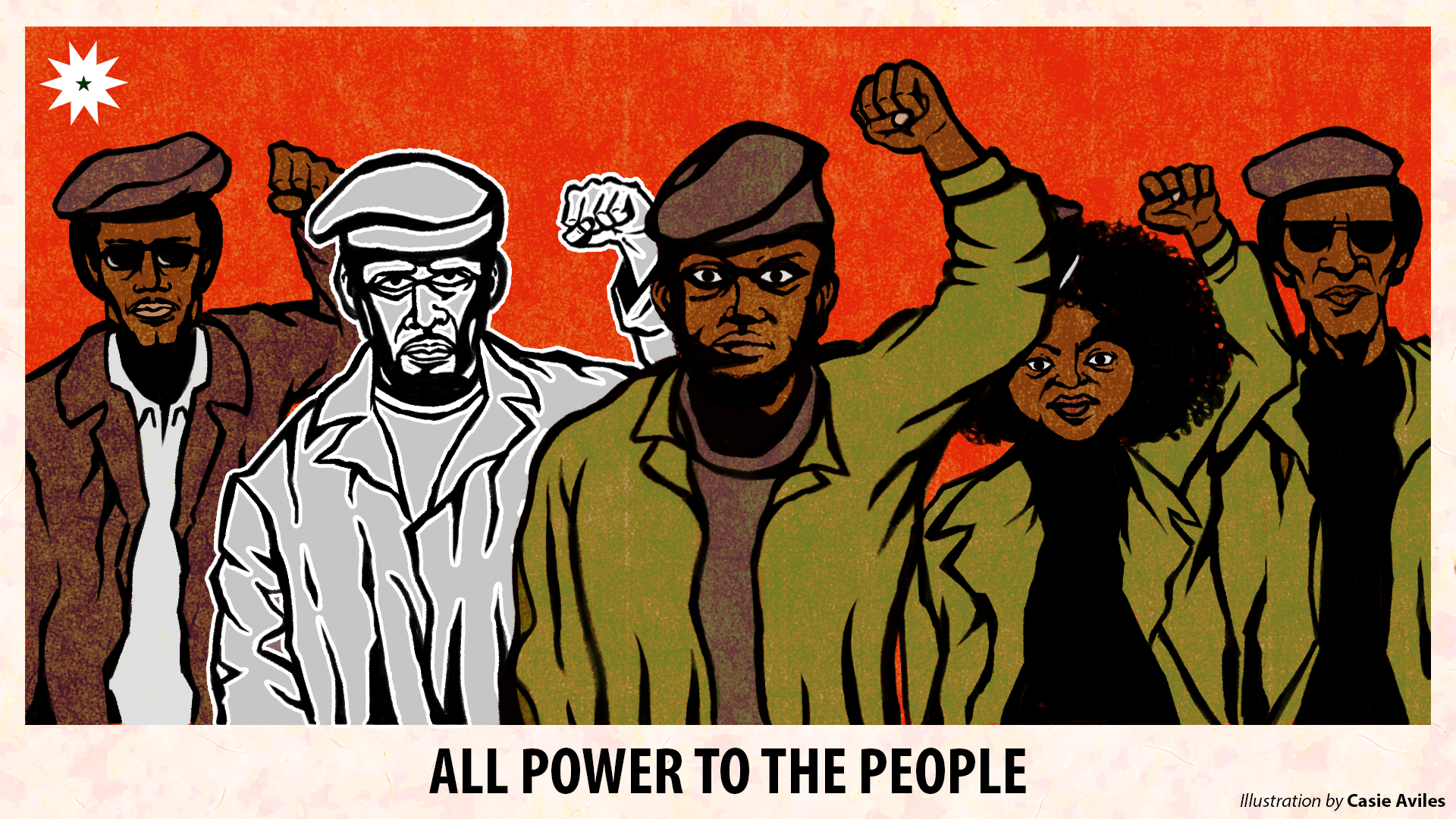Despite the tumultuous year, filmmakers have not lost the spark of inspiration—bringing the triumph of love, hope, and humanity onscreen. Still halfway through The LaSallian’s Oscars 2021 Best Picture countdown is far from over, as we predict our top four nominees—and the one movie we believe will take home the prestigious award.

4. The Father, Angel
Entering this movie with no knowledge of the premise is sure to leave one scratching their head within the first ten minutes of the film. Sets meld together in a labyrinthine haze, scenes are shown out of chronological order, and characters bewilderingly change actors in the middle of the film. This is how Florian Zeller chooses to depict the rapidly-progressing dementia of Anthony, an aging father.
The father is played by none other than the charismatic Anthony Hopkins, whose character one cannot help but empathize with as the audience is taken on a perplexing yet well-developed journey through his deteriorating memories.
Olivia Colman also stars as Anthony’s daughter Anne who quite succinctly encapsulates the heartbreaking dilemma of witnessing a loved one dealing with a mentally-degenerative condition. A blanket of disquieting finality settles as lapses in Anthony’s memories become more apparent, with the ending feeling like a punch to the gut.
What are the odds:
The film is scintillating and emotional in the way it captures the everyday realities of dementia. Having said this, it simply drowns in the action and suspense that the other nominees have to offer. The Father is intricate in its storytelling, but needs effort on the audience’s part to hold their attention.

3. Promising Young Woman, Bea
Do not be fooled by the candy-colored palette, Promising Young Woman is anything but rainbows and sunshine. Director Emerald Fennell exposes the wounds inflicted by the unspoken horrors of rape culture in her directorial debut. Carey Mulligan’s Cassie is hell-bent on revenge after the rape and death of her best friend, Nina. Determined to make the predators and enablers pay for their sins, she spends her days plotting their downfall. As she traps them in disturbing situations, Fenell expertly dissects how rape culture isn’t only perpetrated by the rapist but by those who turn a blind eye as well.
The film however takes an anti-climactic turn with a highly-divisive endingーCassie meets her violent demise at the hands of her best friend’s rapist. By cheaply framing her death as a victory, the film barely scratches the surface nor ask the right questionーwhen will the justice system rightly serve survivors of abuse?
Why it should win:
Despite all its faults, Promising Young Woman is a meticulously-rendered picture of female rage and defiance against the patriarchy. From its commendable visuals to its exemplary performances, it adapts a form of storytelling different from the previous Oscar bets.

2. Judas and the Black Messiah, Glen
Director Shaka King takes on the daunting task of delving into man, myth, and revolution in Judas and the Black Messiah. While biopics are undeniably awards season fodder, they can also be a little ham handed and predictable. King instead defies convention, bringing sharpness and nuance to a subject matter that would have easily fallen apart in the hands of a lesser director.
The writing leans heavily on catchy and provocative soundbites that propel the plot from one scene to the next, co-opting radicalness without a deeper examination. But what saves the movie are the compelling performances of Daniel Kaluuya and Lakeith Stanfield. Kaluuya is magnetic and deeply-moving as Black Panther Party chairman Fred Hampton, while Stanfield delivers a complex take on William O’Neal, car-thief-turned-FBI-informant who ultimately betrays Hampton.
Why it should win:
The film offers an incisive look at injustice and the power of mass movements without reducing its leads to two-dimensional characters. In fact, Judas is at its most gripping when it moves away from the veneration of Hampton and instead dwells on his humanity and the enduring power of beliefs. After all, you can kill a revolutionary, but you can’t kill a revolution.

1. Nomadland, Andy
Continuing her streak of introspective deconstructions of the American Midwest, indie filmmaking titan Chloé Zhao channels the existentialism of Terrence Mallick in her latest feature. Heralding a slice-of-life account of American wayfarers, Nomadland sets itself apart from Oscar-bait savior movies by giving agency to its oppressed subjects.
Self-indulgent and meandering, the film justifiably moves at a snail’s pace to emphasize that the path to self-discovery is grueling and mentally daunting. With this, Frances McDormand nails the quiet moments that take over most of the film’s runtime with her silently powerful presence and expressiveness.
However, the true stars of the film are the real-life nomads playing a version of themselves. The film’s commitment to authenticity gives them the chance to immortalize their experiences into film. Them turning in excellent performances, particularly Swankie and Linda May, is a welcome surprise.
Why it should win:
Setting aside the fact that this film got every major precursor for winning this year’s Oscar for Best Picture, Nomadland boasts the most universal story among this year’s nominees. This, coupled with the unique style of filmmaking on display, is enough for the film to gather respect from Oscar voters, the same trajectory as last year’s best picture winner, Parasite.
The incredible diversity of themes that this year’s Best Picture nominees bring to the table is something worth noting. While their narratives may oftentimes be searing and downright excruciating, this year’s roster has come to symbolize something more—a joyful reminder that in art we can always find the solace, solidarity, and strength we need.
